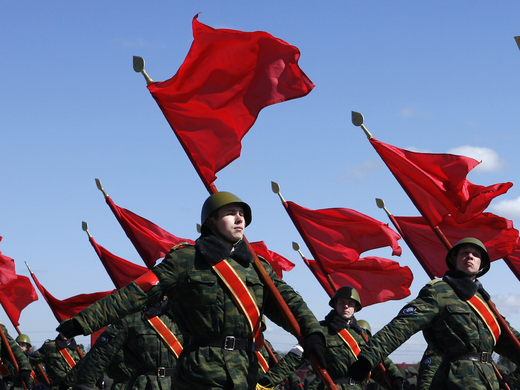Peacekeeping operations have unintended consequences - this fact has long been ignored by both practitioners and researchers. The deployment of a large number of soldiers, police officers and civilian personnel inevitably has various effects on the host society and economy, not all of which are in keeping with the peacekeeping mandate and intent or are easily discernible prior to the intervention. Such unintended consequences are especially serious when they cause harm to the local community, as in the case of sexual abuse and exploitation, corruption or the creation of a false economy. Unintended side effects can also negatively affect the ability of the peacekeeping mission to achieve its mandate.
This book is one of the first attempts to improve our understanding of unintended consequences of peacekeeping operations, by bringing together field experiences and academic analysis. The book will investigate unintended consequences of peacekeeping operations on individuals and groups of individuals, on the host society and economy, and on the troop-contributing countries. It will also analyse the degree to which the United Nations has tried to manage some of these side effects, as well as the United Nations' accountability in the context of the international legal framework. The aim of the book is not to discredit peace operations but rather to improve the way in which such operations are planned and managed. The book identifies the need to develop a culture of accountability, which should include institutionalizing processes aimed at anticipating unintended consequences as a routine part of all planning cycles, and the monitoring of effects, including unintended effects, so that proactive steps can be taken to prevent and manage negative side effects as early as possible.


